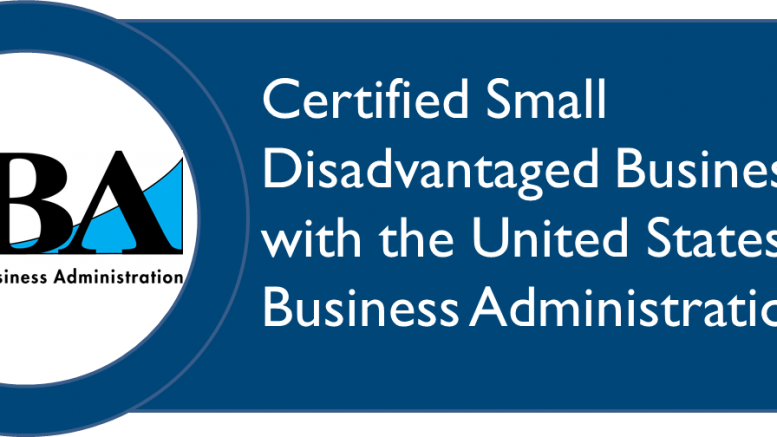Is your small business certified? If not, it could be missing out on a serious number of benefits.
In today’s high-tech world, IT skills have become extremely important. Regardless of which industry you operate in, it’s more than likely you rely upon technology for at least some of your day-to-day operations. Consumers and clients today, expect small businesses to not only have a strong online presence, but also exceptional digital skills. IT certifications can help you prove your company’s expertise and set you apart from your competitors.
Here, you’ll discover some of the main IT certifications and why they could prove invaluable to your business.
Understanding the different types of certification
There’s a wide range of different IT certifications available. If you take a look at the offerings from companies such as Global Knowledge Network Training Limited, you’ll get a good idea of the most common and important certifications available.
Generally speaking, the most beneficial certifications for small businesses include:
- AWS
- BCS (ISEB) Diploma Business Analysis
- IBM
- ITIL
- Microsoft
AWS stands for Amazon Web Services. There’s actually several types of AWS certifications available, and they require re-certification every couple of years. Many businesses rely upon the seamless deployment and integration of applications and AWS is one of the most advanced and useful platforms available to work on your applications securely. Being AWS certified not only boosts your credibility, but it also ensures you get the most out of AWS.
BCS (ISEB) Diploma Business Analysis is also a popular and beneficial certification to have. Brought to you by the Chartered Institute for IT, the certification gives you and your employees the ability to be an effective, sought after business analyst. You’ll be able to help the business adapt to any changes and develop innovative solutions to all kinds of business problems.
IBM is by far one of the most popular certification options available to business. It’s one of the most recognised certifications in the UK and is considered vital for serious IT professionals. The requirements for this one are tough, but the benefits it delivers are substantial. It also provides one of the biggest returns on investment, specifically helping businesses to close more sales.
ITIL certification is another extremely beneficial qualification you’ll want to consider. It primarily enables you to collect, analyse and then distribute high levels of data. In today’s digital world, most businesses rely upon data analysis to push their brand forward. Many industries are now focusing upon hiring ITIL professional’s due to their essential benefits in the workplace.
Finally, Microsoft certification is perhaps the most basic one you’ll want to consider. This is more of a mainstream certification and can benefit pretty much every business. At basic level, it teaches you how to successfully maximise the effectiveness of Microsoft programs within your business.
These are just five of the best IT certifications open to today’s businesses. So, you know what they are, but why should you consider getting certified?
Why invest in certifications?
It’s difficult to stand out in today’s business world due to the sheer number of competitors out there. The internet has bridged the gap for small businesses, making it easier than ever before to set up, run and grow a company. That means, if you want to stand out from your competitors, you’re going to need to prove you’re better and certification can do that.
The right certification can boost efficiency, increase credibility and help with that all-important ROI. Employees will find it easier to close sales and new customers and clients are more likely to flock to your business if they see you’re certified.
Overall, IT certifications can prove essential for today’s businesses. It’s important to analyse the different types on offer to see which would best benefit your company. Investing in the right certification could result in fantastic, potentially lucrative benefits.



Be the first to comment on "Small Business IT Certifications – What Are They and Why Do You Need Them?"